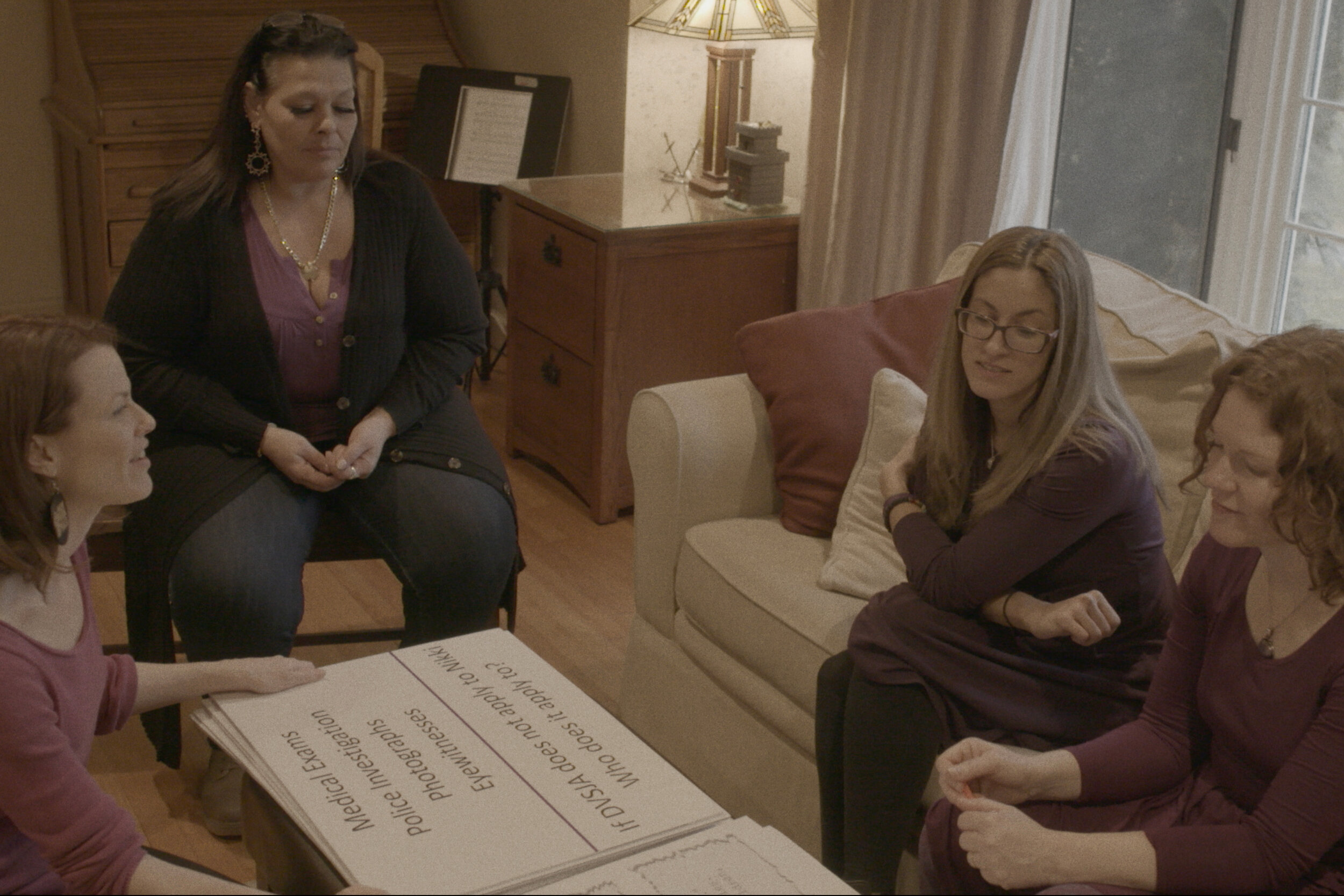Domestic Violence Survivors Justice Act (DVSJA)
The Domestic Violence Survivors Justice Act was a New York State bill originally introduced in 2011. It allows judges to go outside the regulated sentencing scheme and assess whether domestic abuse was a "significant contributing factor" to the alleged crime. For example, if a survivor commits a crime because a violent partner or family member abuses them, a judge can consider that a “significant contributing factor.” Another example is that if a survivor commits a crime because their abuser coerces them (threatens their life or safety, etc.), a judge can consider that a “significant contributing factor.” This allows judges to implement shorter sentences and, in some cases, alternative-to-incarceration (ATI) programs. ATIs are court-mandated programs that fall under the authority of governmental or non-profit agencies. They operate in conjunction with the legal system across New York State. The bill also permits currently incarcerated survivors, who meet the criteria, to apply for re-sentencing or earlier release.
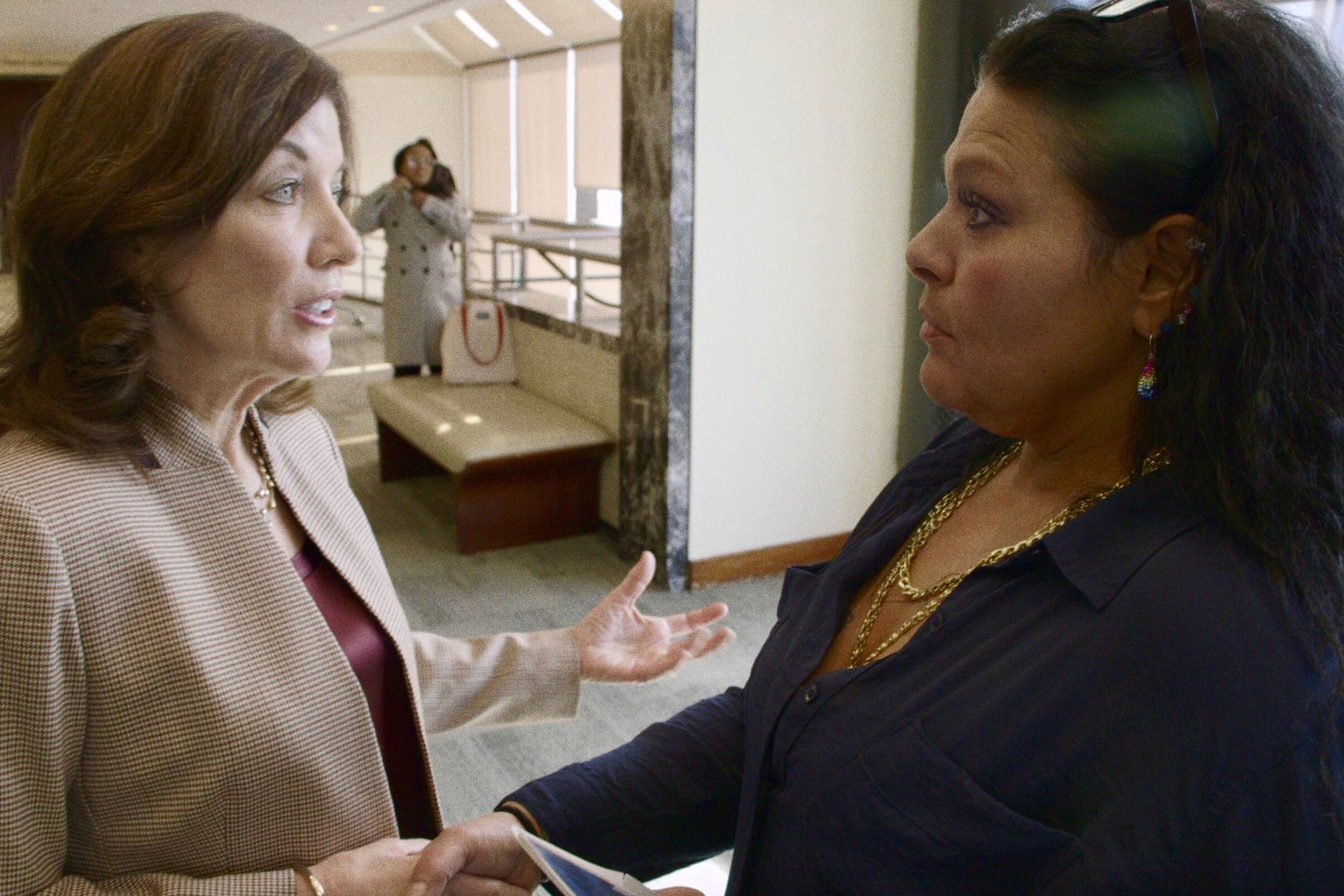
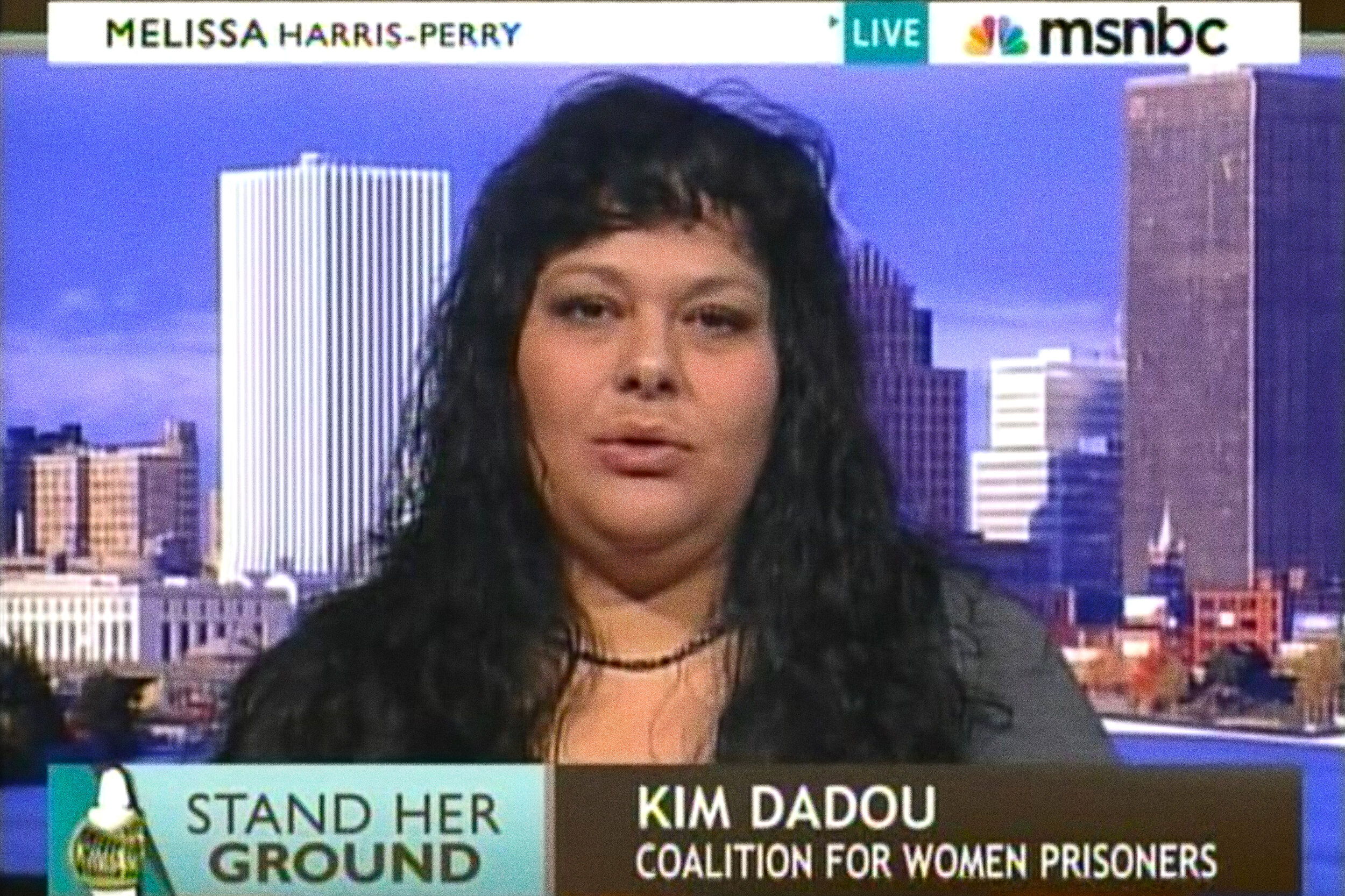
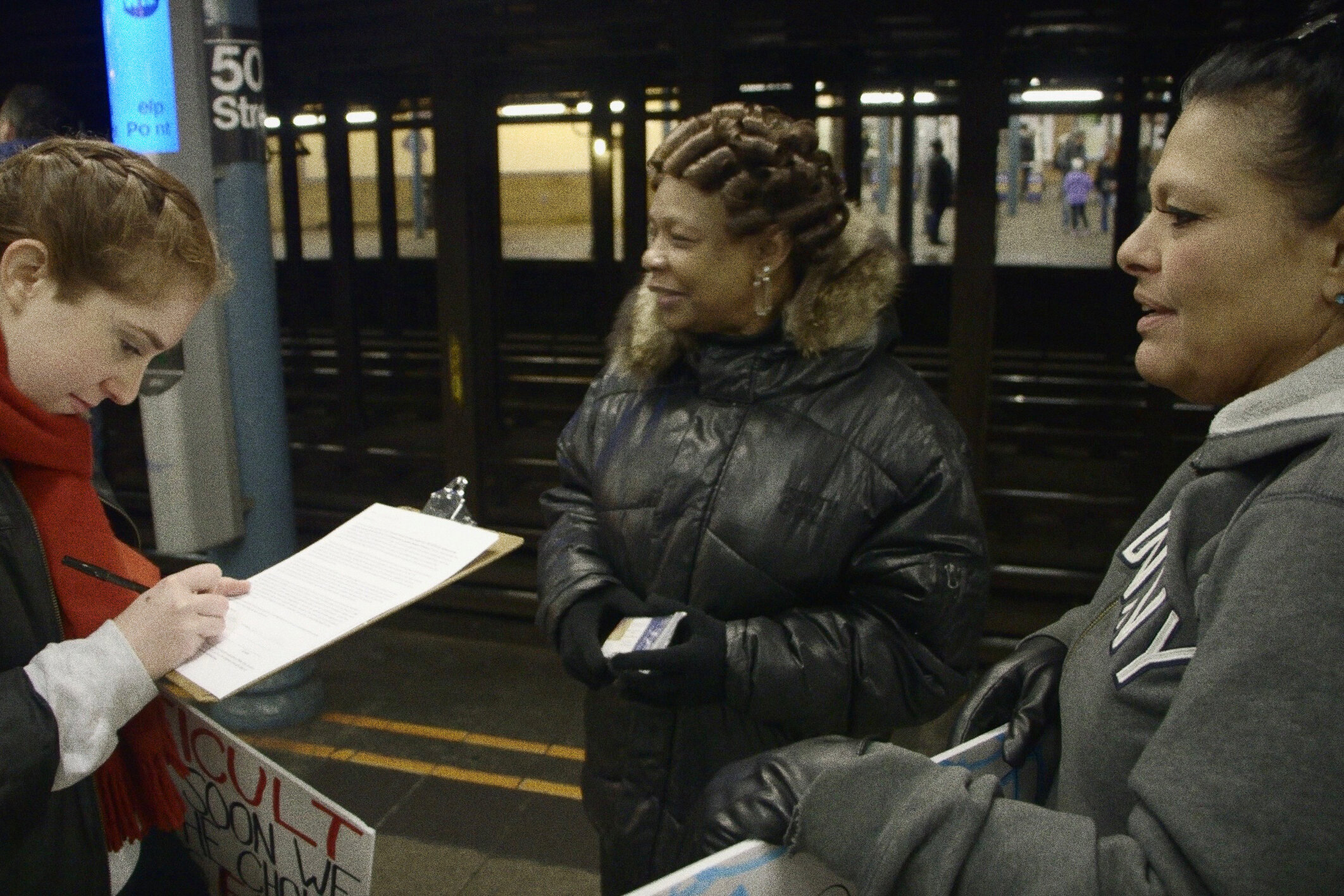
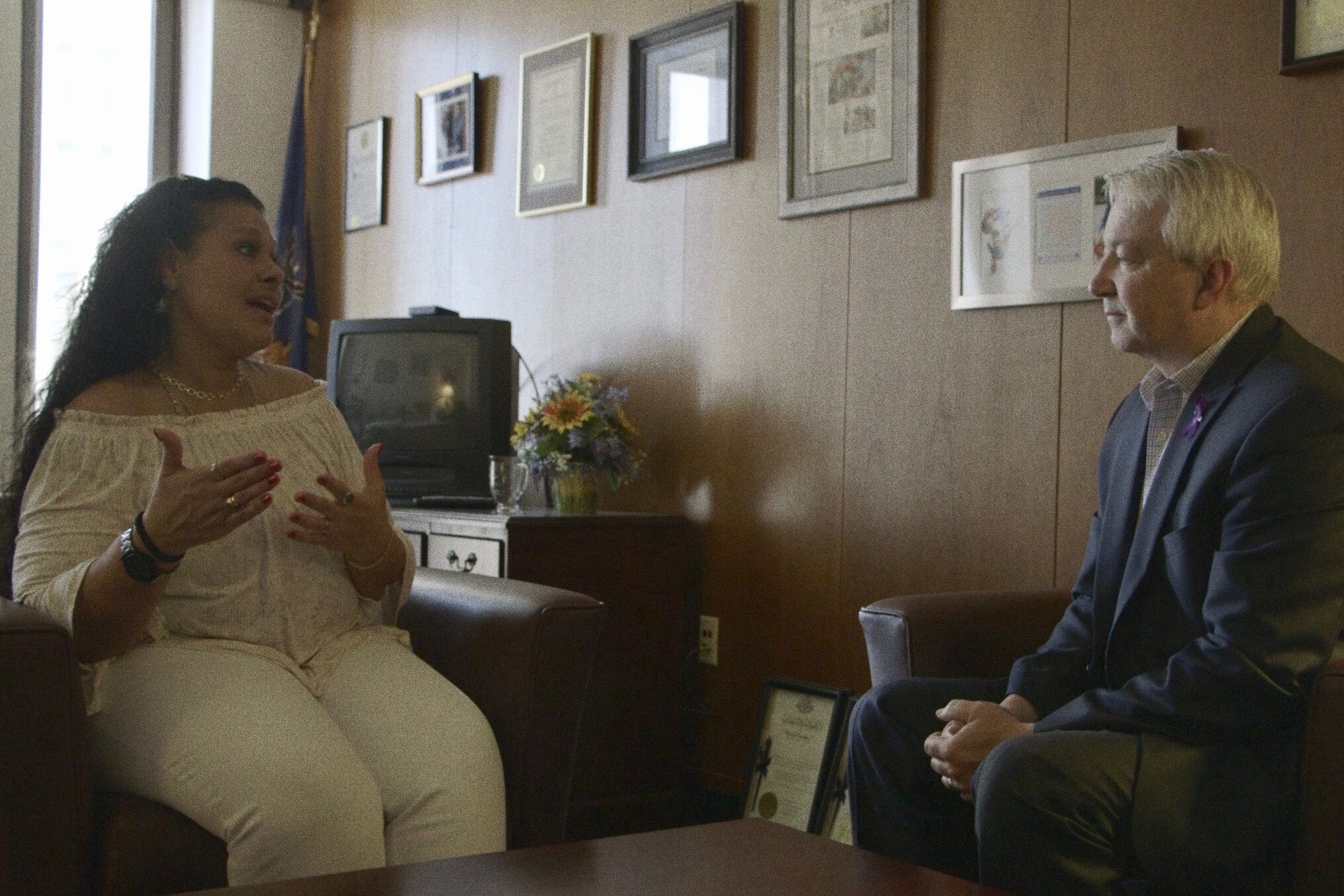
Throughout the legislation’s history, attempts were made to water down and manipulate the bill because it was seen as "weak on crime" or a "get-out-of-jail-free card." On March 4, 2019, the DVSJA passed the Assembly. Then eight days later, it passed the Senate on its first ever vote 53-8. On May 14, 2019, Governor Andrew Cuomo signed the Domestic Violence Survivors Justice Act into law.
Kim (middle left) sits with Michelle Horton (middle right), Nicole Addimando’s sister, and friends on the day of Addimando’s sentencing.
When the DVSJA finally became law, Kim discovered another survivor named Nicole "Nikki" Addimando from Poughkeepsie, NY. Nikki’s case was one of the first to be considered for a reduced sentence under the DVSJA. But Judge Edward T. McLoughlin chose not to take into account the years of life threatening physical and sexual abuse, which was documented in official police reports and medical records and denied applying the DVSJA for a lesser sentence. Judge McLoughlin felt Nikki “could’ve safely left” and ignored the graphic documentation of the abuse. Nikki was convicted of second-degree murder and sentenced to 19 years to life in February 2020.

